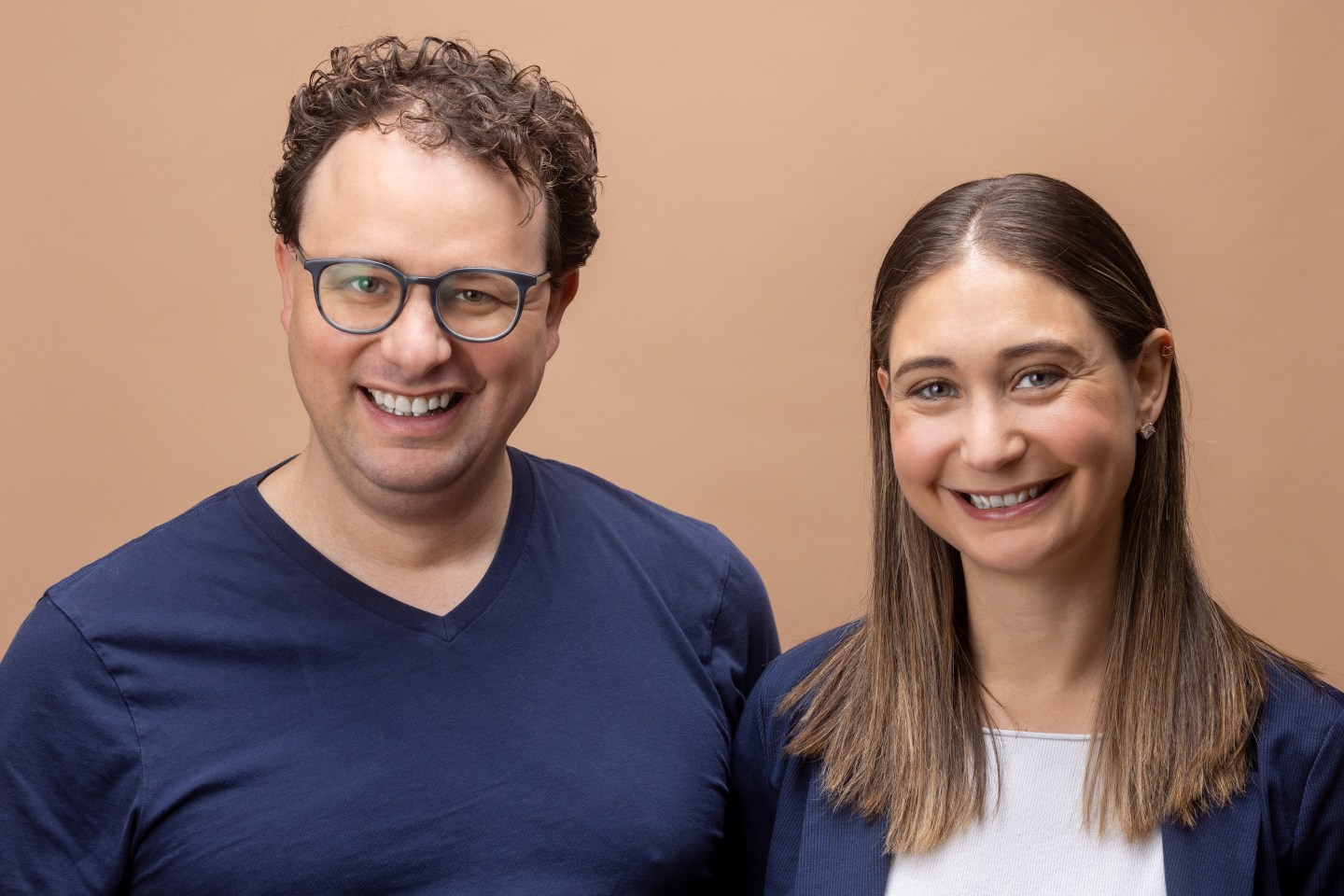Good morning.
I spent the week in Abu Dhabi, trying to avoid the sweltering heat and preparing for the Fortune Global Forum, which we are holding here November 27-29. I leave deeply impressed with the focus this small nation has brought to the two transcendent business challenges of our times.
The first is the transition away from carbon-emitting energy sources. As an oil rich nation, some might think the UAE would resist that transition. But instead, it has embraced it as an existential necessity. I spoke with Sultan Ahmed Al Jaber, the head of the Abu Dhabi National Oil Corporation, chairman of the renewable energy firm Masdar, and the official who will preside over the COP 28 meeting in Dubai immediately following the Forum. His message to business leaders:
“It is clear that we need transformational progress, and that can only happen if every stakeholder who can make a positive contribution to the outcomes is included in the process. That is why I am keen to ensure that COP 28 provides effective engagement between governments, the private sector and civil society… Businesses must step up to make practical contributions to keeping the goal of 1.5 degrees Celsius within reach.”
The second challenge comes from A.I., and its potential to transform every industry and every business in the coming years. The UAE has answered that challenge by becoming the first country to appoint a minister of state for artificial intelligence, Omar Al Olama, and by creating the first university devoted exclusively to A.I. I asked Al Olama how he thought such a small country could compete against the U.S. and China in the A.I. sweepstakes. His response:
“Our size is actually an enabler, not a hinderance, to our ability to lead in this space. Most countries have certain issues, whether it is political structures or demographics, that do not allow them to deploy technology fast. We don’t have either…In drones, self-driving cars, robotics, and many other utilities, I actually think the UAE is going to be among the first countries in the world where people actually engage with these technologies.
“The second advantage is talent…Over the last three years we’ve seen a snowballing of the quality of talent…We will train people and make sure that our talent in the UAE is considered amongst the best in the world, but we will also attract the best and bring them here.”
That’s where the Mohamed bin Zayed University of Artificial Intelligence comes in. Headed by Carnegie Mellon veteran Eric Xing, its goal is to attract talented students from all over the world and train them for careers in Abu Dhabi. In the process, it also hopes to convince global businesses to locate high-end technology facilities here. Here’s some of what Xing had to say about his school’s sweeping ambitions:
“The Middle East is the middle of everywhere. It is kind of a gateway between East and West. Close to Europe. It’s very friendly to Chinese, Indians, East Europeans and so forth. We have the kind of professors that people would expect to find in top schools in the United States. And we provide full fellowship for all students, and also their residence and other benefits.”
Al Jaber, Al Olama, and Xing all have agreed to participate in the Fortune Global Forum in November, which will bring together CEOs of the Fortune Global 500 (out this week, here), as well as other prominent global and regional business leaders. You can learn more here.
Other news below.

Alan Murray
@alansmurray
alan.murray@fortune.com
TOP NEWS
Private equity publisher
KKR is in discussions to buy publishing house Simon & Schuster from Paramount Global for $1.65 billion. That’s less than the $2.2 billion deal agreed with Penguin Random House, which a federal judge scuttled last year on antitrust concerns. Simon & Schuster, the third-largest U.S. publisher by market share, reported increasing sales so far this year thanks to authors like Colleen Hoover. The Wall Street Journal
Going all-in on A.I.
“Every single one” of Amazon’s businesses is pursuing generative A.I., CEO Andy Jassy told analysts on the e-commerce firm’s earnings call on Thursday. Amazon is following other tech companies in embracing the new technology after ChatGPT’s release last year. Amazon shares rose nearly 9% in extended trading Thursday after the company reported $6.7 billion in quarterly net income, far ahead of expectations. Fortune
China cramming
Chinese officials are trying to get a high score on the World Bank’s upcoming ease-of-doing-business index, launching as a pilot next year. The institution retired its previous “Doing Business” index in 2021 following allegations of data manipulation to help boost China’s ranking. China is worried that it might drop several spots due to low business confidence, hit by regulatory crackdowns and a sluggish economic recovery. Financial Times
AROUND THE WATERCOOLER
Elon Musk and Mark Zuckerberg might be right: Remote workers are less productive, new research finds by Jane Thier
The average workday shrank by 37 minutes in the past year and fewer people are pulling overtime shifts by Orianna Rosa Royle
Why the economy feels so bad when experts say it’s so good by Alicia Adamczyk
London knocked out of Fortune Global 500’s top 5 cities for the first time in 5 years—and experts warn it may struggle to come back by Prarthana Prakash
Commentary: Did Fitch ditch its credibility by playing politics? Here’s why rating agencies have a knack for getting it wrong by Jeffrey Sonnenfeld and Steven Tian
Commentary: From tennis courts to corporate governance, here’s how far diversity, equity, and inclusion have come by Billie Jean King and Aniela Unguresan
This edition of CEO Daily was curated by Nicholas Gordon.
This is the web version of CEO Daily, a newsletter of must-read insights from Fortune CEO Alan Murray. Sign up to get it delivered free to your inbox.














